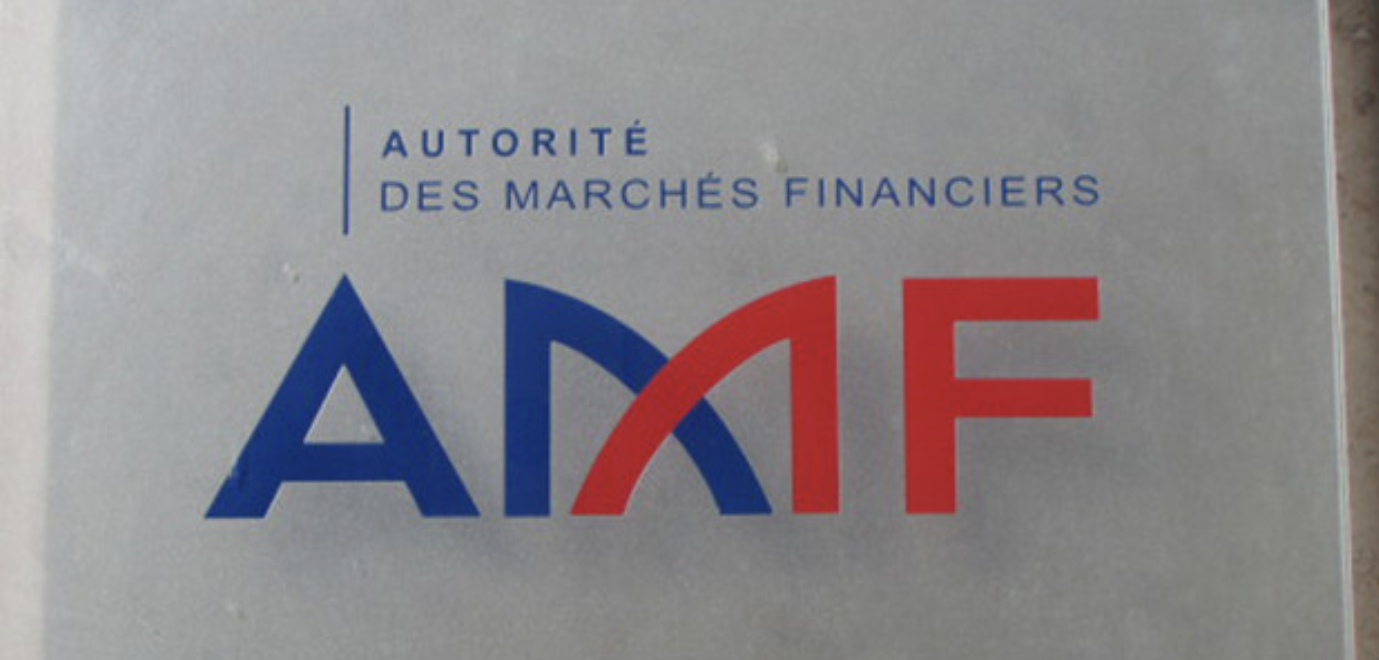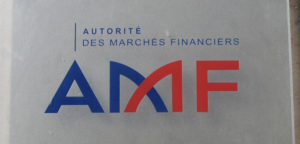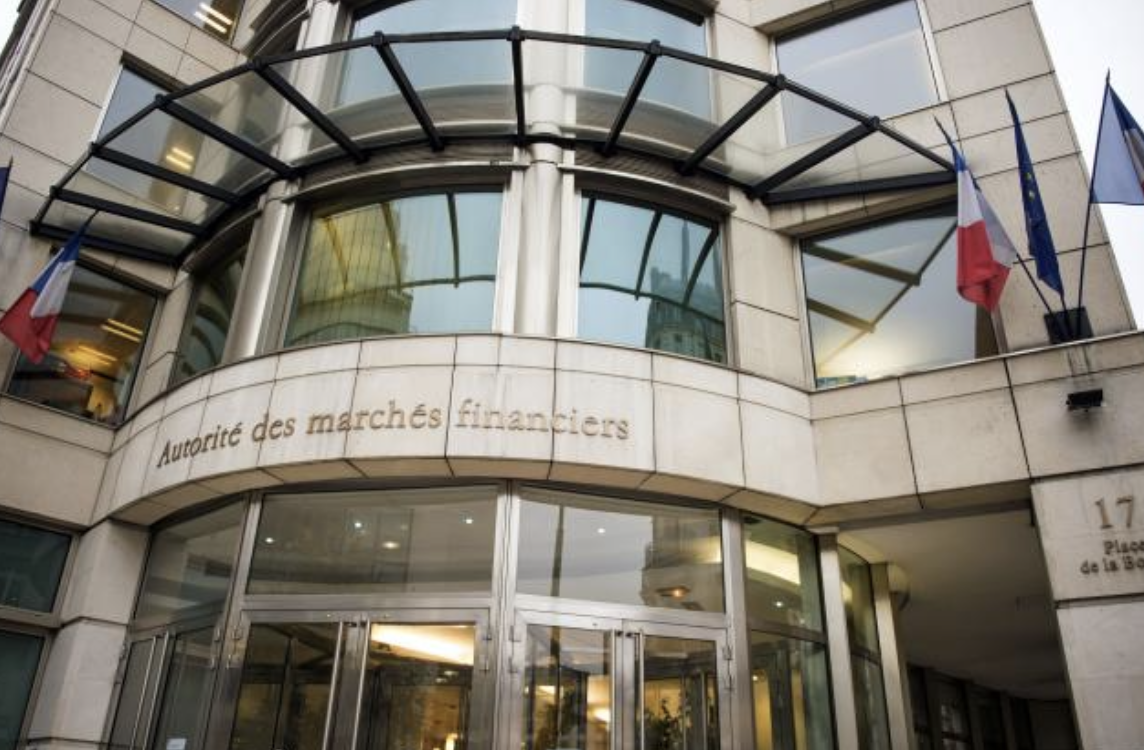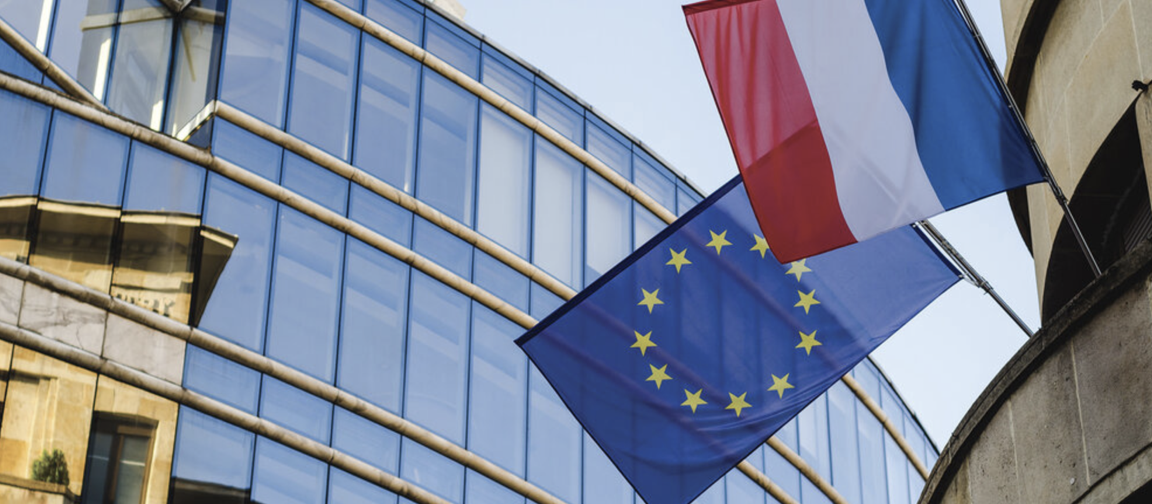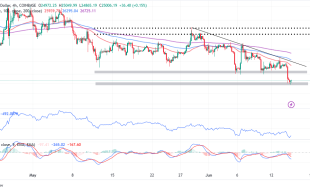Join Our Telegram channel to stay up to date on breaking news coverage
Insights from the AMF Ombudsman’s report have revealed a surge in digital asset disputes and the rising number of registered digital asset service providers (DASPs). With mediation requests increasing and more cases deemed eligible, the report sheds light on the need for AMF registration and licensing while addressing upcoming regulatory changes.
Digital Asset Disputes and Growing DASPs – AMF Ombudsman’s Insights
The Autorité des marchés financiers (AMF), the non-governmental body responsible for regulating the French stock market, has observed certain drawbacks associated with increased mediations.
The developments were highlighted by the significant increase in digital asset-related disputes and the growing number of registered digital asset service providers (DASPs), as revealed in the recently published 2022 annual report by the AMF ombudsman.
Remarkably, the AMF ombudsman dedicated a section to digital assets in their annual report for the first time. Despite a decrease in the overall number of cases received, from 1,964 in 2021 to 1,900 in 2022, mediation requests pertaining to digital assets rose from 44 to 54.
Furthermore, the number of cases deemed eligible for mediation increased from six to 17. Concurrently, the number of registered DASPs surged from 28 to 59.
To clarify, the AMF ombudsman can only intervene in cases involving registered DASPs or those where the AMF has granted optional approval, such as in the case of initial coin offerings.
Registration with the AMF is a prerequisite for providing custody services for third parties, facilitating the purchase or sale of digital assets for legal tender, conducting digital asset trades with other digital assets, or operating a digital asset trading platform in France.
Businesses engaged in regular operations involving one or more digital asset services are required to obtain an AMF license. It is important to highlight that no DASPs currently hold such a license.
The report also mentioned that the requirements for DASP registration will be strengthened in July, preceding the implementation of the Markets in Crypto-Assets (MiCA) legislation by the European Union next year.
The AMF ombudsman emphasized that their role does not extend to addressing “scams,” which are subject to specific regulations governing crypto assets or, in the case of derivatives, the Markets in Financial Instruments Directive (MiFID II). The ombudsman reported that they frequently dealt with issues arising from misconceptions regarding staking arrangements.
AMF Explores Streamlined Compliance for Crypto Firms under MiCA Legislation
In a statement released in April, the French Financial Markets Authority (AMF) is exploring the possibility of an expedited process for licensed crypto companies to adhere to the forthcoming Markets in Crypto-Assets (MiCA) legislation, offering them a streamlined route to compliance.
The AMF issued a statement on April 21, laying out its plans for the next 18 months to help French digital asset service providers (PSANs) transition to MiCA regulation. A key goal is to help these firms comply with MiCA regulations quickly, leading to an evaluation of possible expedited options.
The AMF is actively working to bridge gaps in MiCA compliance, focusing on areas such as fund provision regulations for crypto firms, conflict of interest policies, and aligning document requirements between the AMF and MiCA regulations.
On April 20, the MiCA regulatory package received approval from the European Parliament, marking a moment of celebration for the crypto industry. However, official adoption as regulation hinges on the European Council’s approval, which is expected in July.
If all goes according to plan, the regulations will take effect from the start of 2025, establishing a consistent and well-defined regulatory framework for crypto assets across European Union (EU) member states.
In France, crypto firms are presented with a choice of two licensing options, each serving distinct purposes. The first option, characterized by its relaxed requirements, offers a simpler path to compliance. On the other hand, the second option, which enjoys government endorsement and is closely aligned with MiCA regulations, sets forth a more rigorous framework.
The stricter option entails additional controls pertaining to anti-money laundering rules, customer asset custody, regulatory reporting, and comprehensive disclosures on risk and conflicts of interest, aimed at bolstering consumer protection.
At present, all 60 crypto firms registered with the AMF in France follow the relaxed licensing option. They will continue with this choice until their transition to MiCA regulation. However, as of January 2024, any newly registered crypto firm will be required to select the more rigorous option.
Related Articles
- Best Cryptocurrency Exchanges
- French Crypto Firms Get “Fast Track” Option for MiCA Compliance
- How European cryptocurrency companies are preparing for broad legislation with MiCA at the Door
Best Wallet - Diversify Your Crypto Portfolio
- Easy to Use, Feature-Driven Crypto Wallet
- Get Early Access to Upcoming Token ICOs
- Multi-Chain, Multi-Wallet, Non-Custodial
- Now On App Store, Google Play
- Stake To Earn Native Token $BEST
- 250,000+ Monthly Active Users
Join Our Telegram channel to stay up to date on breaking news coverage
